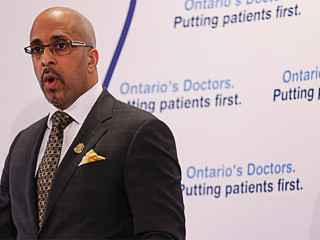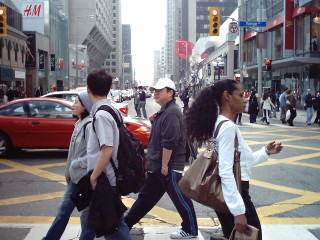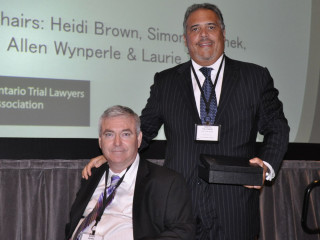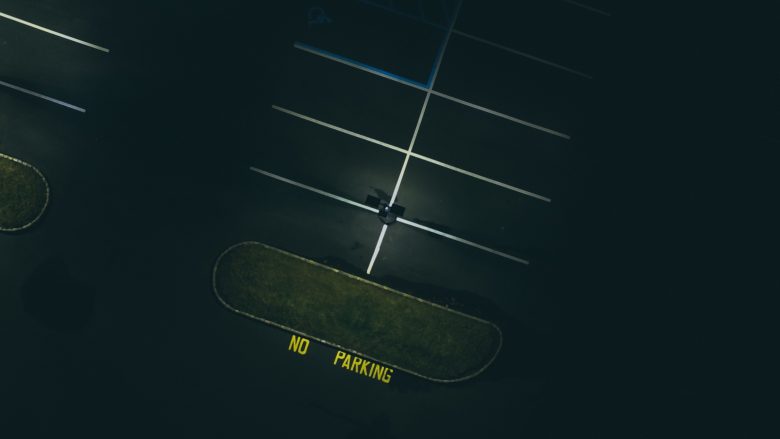Full Decision
Heard By: Vice Chair Dawn J. Kershaw
Counsel for the Applicant: Self-represented
Counsel for the Respondent: Tessie Kalogeras
This was an application for Statutory Accident Benefits arising from a slip and fall. On January 17, 2017, the applicant drove to a hospital, parked his car, and exited the vehicle. As he was walking from his car, he slipped on ice in the parking lot. He applied for accident benefits from his insurer, TD Insurance. He was denied access to benefits on the basis that he was not involved in an “accident” as defined by section 3 of the Schedule.
In applying the two-part purpose and causation test, Vice Chair Kershaw found that while the accident did arise from the use/operation of a motor vehicle, the use/operation did not directly cause the impairment.
Vice Chair Kershaw held that that causation limb of the test under section 3 of the Schedule can be broken down into three aspects:
- whether the incident would have occurred “but for” the use or operation of the motor vehicle;
- whether there was an intervening cause that cannot be said to be part of the ordinary course of the use or operation of the motor vehicle; and
- whether the use or operation of the motor vehicle was a dominant feature of the incident.
Vice Chair Kershaw found that the applicant met the criteria of the “but for” aspect of the causation test, but failed on the second aspect with respect to an intervening cause.
Vice Chair Kershaw found that a slip on ice outside of a vehicle is sufficiently independent of the use of the vehicle to establish an “intervening cause”. While the applicant alleged to have been holding the handle of the vehicle when he fell, Vice Chair Kershaw found that mere proximity was not, in and of itself, sufficient evidence to satisfy the causation test.
Vice Chair Kershaw concluded that the cause of the injuries was the weather rather than the use of a car, and therefore the claim did not fall within the definition of “accident” as set forth is section 3.













